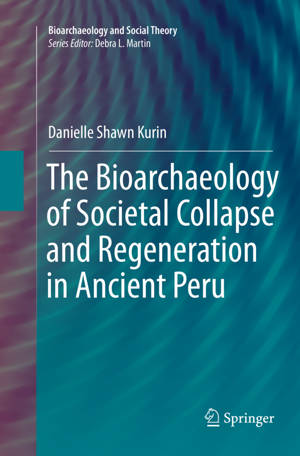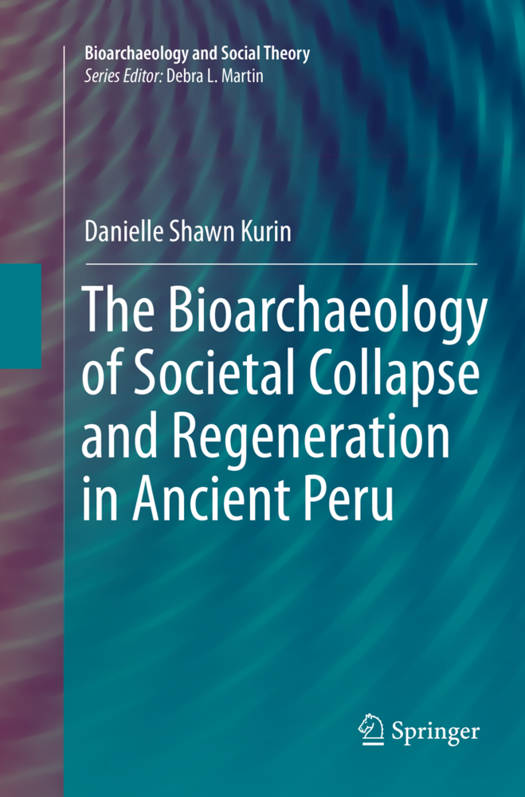
- Afhalen na 1 uur in een winkel met voorraad
- Gratis thuislevering in België
- Ruim aanbod met 7 miljoen producten
- Afhalen na 1 uur in een winkel met voorraad
- Gratis thuislevering in België
- Ruim aanbod met 7 miljoen producten
The Bioarchaeology of Societal Collapse and Regeneration in Ancient Peru
Danielle Shawn KurinOmschrijving
This book explores how individuals, social groups, and entire populations are impacted by the tumultuous collapse of ancient states and empires. Through meticulous study of the bones of the dead and the molecules embedded therein, bioarchaeologists can reconstruct how the reverberations of traumatic social disasters permanently impact human bodies over the course of generations. In this case, we focus on the enigmatic civilizations of ancient Peru. Around 1000 years ago, the Wari Empire, the first expansive, imperial state in the highland Andes, abruptly collapsed after four centures of domination. Several hundred years later, the Inca rose to power, creating a new highland empire running along the spine of South America. But what happened in between? According to Andean folklore, two important societies, known today as the Chanka and the Quichua, emerged from the ashes of the ruined Wari state, and coalesced as formidable polities despite the social, political, and economic chaos that characterized the end of imperial control. The period of the Chanka and the Quichua, however, produced no known grand capital, no large, elaborate cities, no written or commercial records, and left relatively little by way of tools, goods, and artwork. Knowledge of the Chanka and Quichua who thrived in the Andahuaylas region of south-central Peru, ca. 1000 - 1400 A.D., is mainly written in bone--found largely in the human remains and associated funerary objects of its population.
This book presents novel insights as to the nature of society during this important interstitial era between empires--what specialists call the "Late Intermediate Period" in Andean pre-history. Additionally, it provides a detailed study of Wari state collapse, explores how imperial fragmentation impacted local people in Andahuaylas, and addresses how those people reorganized their society after this traumatic disruption. Particular attention is given to describing how Wari collapse impactedrates and types of violence, altered population demographic profiles, changed dietary habits, prompted new patterns of migration, generated novel ethnic identities, prompted innovative technological advances, and transformed beliefs and practices concerning the dead.
Specificaties
Betrokkenen
- Auteur(s):
- Uitgeverij:
Inhoud
- Aantal bladzijden:
- 218
- Taal:
- Engels
- Reeks:
Eigenschappen
- Productcode (EAN):
- 9783319803463
- Verschijningsdatum:
- 22/04/2018
- Uitvoering:
- Paperback
- Formaat:
- Trade paperback (VS)
- Afmetingen:
- 156 mm x 234 mm
- Gewicht:
- 335 g

Alleen bij Standaard Boekhandel
Beoordelingen
We publiceren alleen reviews die voldoen aan de voorwaarden voor reviews. Bekijk onze voorwaarden voor reviews.












